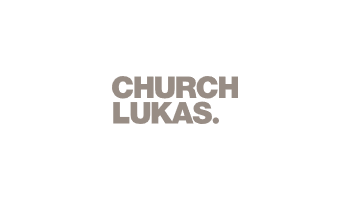Microsoft Exchange 2010 – rather like a cuban car
I had the good fortune to holiday in Cuba last year and marveled at the American cars that have been kept on the road for many decades. This got me thinking they were rather like Microsoft Exchange 2010. In Common with Business Server 2011, Windows 7 and Office 2010.

In January 2020, Microsoft will stop supporting a number of key products. MS Windows Small Business Server 2011, Microsoft Exchange 2010, Windows 7 and a little later in the year in October Office 2010. So firstly what does that mean. Essentially from those points forward Microsoft will only provide emergency and critical updates for these products and no further development. Therefore the products from a usability point of view will start to decay, possible symptoms include the inability to integrate with your line of business core software. Simply put software vendors with an eye to the future will mirror that move and stop developing their products which in the short term will have minimal effect.
A more pronounced issue will be security vulnerabilities. The protection of your data relies on the major vendors actively mitigating threats. In truth probably more than you realise and that is what you pay your licence for. In spite of cutting edge businesses suggesting Microsoft is yesterday’s operating system the truth actually is the opposite – a whopping 88% of all operating systems worldwide are Microsoft Microsoft Share of Operating Systems. Therefore when a product goes end of life it is open season for the criminal community. What does this mean ? Essentially the border guards have left the border and attacks of a digital nature will be stepped up to another level. The simple truth is hacking and ransom attacks are a business and an unprotected system has a greater chance of being infiltrated and therefore ROI increases…
Now, you might say that’s all very well but my security team whether internal or external will manage that. Well yes and no. They of course can continue to ensure that other parts of your infrastructure are and continue to be protected. However they can’t fix vulnerabilities in systems where they have no access to the code. Microsoft Exchange 2010 is a complex mail and messaging system with hundreds of lines of code, that code will be frozen rather like the fifties cars in Cuba. Those cars are beautiful to look at but they don’t run multi million businesses -although their owners would like to I am sure.
Will this be like the Y2K issue – probably in that your world won’t stop after the end of life date. The difference is you will be increasingly vulnerable to malicious attacks as well as the possibility of your core systems not integrating in the future.
What shall I do Now ?
1. Continue to regularly patch and update all your Microsoft products. This is your first line of security until the end of life day.
2. Contact your key software suppliers to ensure they will continue integrating with end of life operating systems.
3. Contact us https://www.twinsystems.com/why-choose-twin/ We can discuss where you are now in a timely manner so that upgrading to a safer and current operating system can be planned effectively and with the appropriate people being consulted. Surely you don’t want to be discussing an upgrade through the Christmas holidays in 2019….
Now back to our Cuban cars – the solution to keeping them on the road for many of the drivers is to replace the tired and old engines with modern units whilst keeping the fabulous bodywork they are famed for. Pretty close to what we would advise with these Microsoft products.
 Twin Systems
Twin Systems







